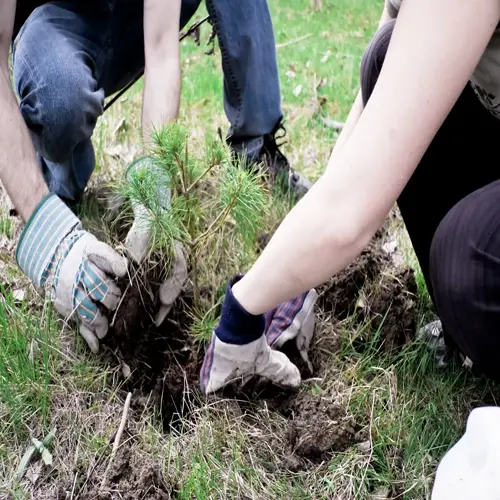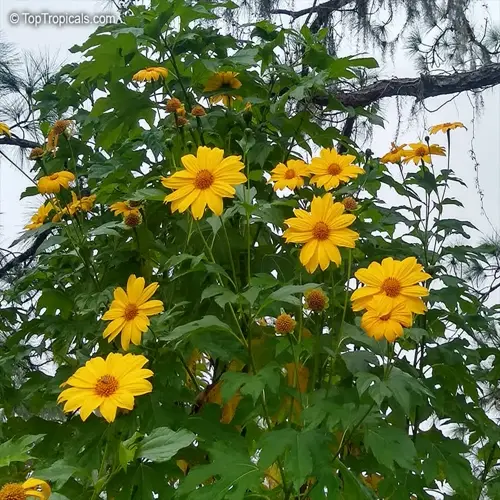Should I add anything to my garden soil in the fall?

Written by
Kiana Okafor
Reviewed by
Prof. Samuel Fitzgerald, Ph.D.Fall soil preparation will lay the groundwork for the success of next year's garden. By adding nutrients and organic matter during this time, winter can break them down and incorporate them into the soil. This makes planting in the spring an ideal choice. Your future plants will benefit greatly from your pre-preparation efforts.
Nutrient Boosters
- Spread 2-3 inches of compost across beds
- Add aged manure for slow-release nitrogen
- Work amendments into top 6 inches of soil
Cover Crop Planting
- Sow clover to fix nitrogen naturally
- Plant rye grass for erosion control
- Till crops into soil 4 weeks before spring planting
Adding compost to tired garden soil revitalizes it. You do this after summer plants have died back. Spread it evenly, then gently work it into the top layer. It will feed beneficial microorganisms through the winter. My spring seedlings always grow more vigorously in soil that has been mixed with compost.
Using leaf mulch turns autumnal waste into gold for the garden. Shred the leaves before you spread them. They will suppress weeds as they decay! Earthworms will take care of this decomposition for you. In Spring, you'll have some of the finest hummus. I harvest neighbors' leaves for this reason.
Cover crops protect soil and feed it. Clover captures nitrogen from the air. Rye grass prevents nutrient leaching. In early spring, till them under. This green manure improves fertility without the use of chemicals. Your soil is alive with life.
Conduct a soil test to determine pH and nutrient requirements. Collect samples from various locations. If acidic, raise pH with lime. If alkaline, lower pH with sulfur. Fall corrections allow months to improve soil conditions. I conduct soil tests every 2 years.
*Winter mulch protects your amended soil*. Straw or shredded leaves will prevent soil erosion, moderate freeze-thaw conditions, and keep your prepared beds intact until you are ready to plant. This effort leads to healthy and vigorous growth in the spring.
Read the full article: When to Plant Vegetable Garden: Ultimate Guide

